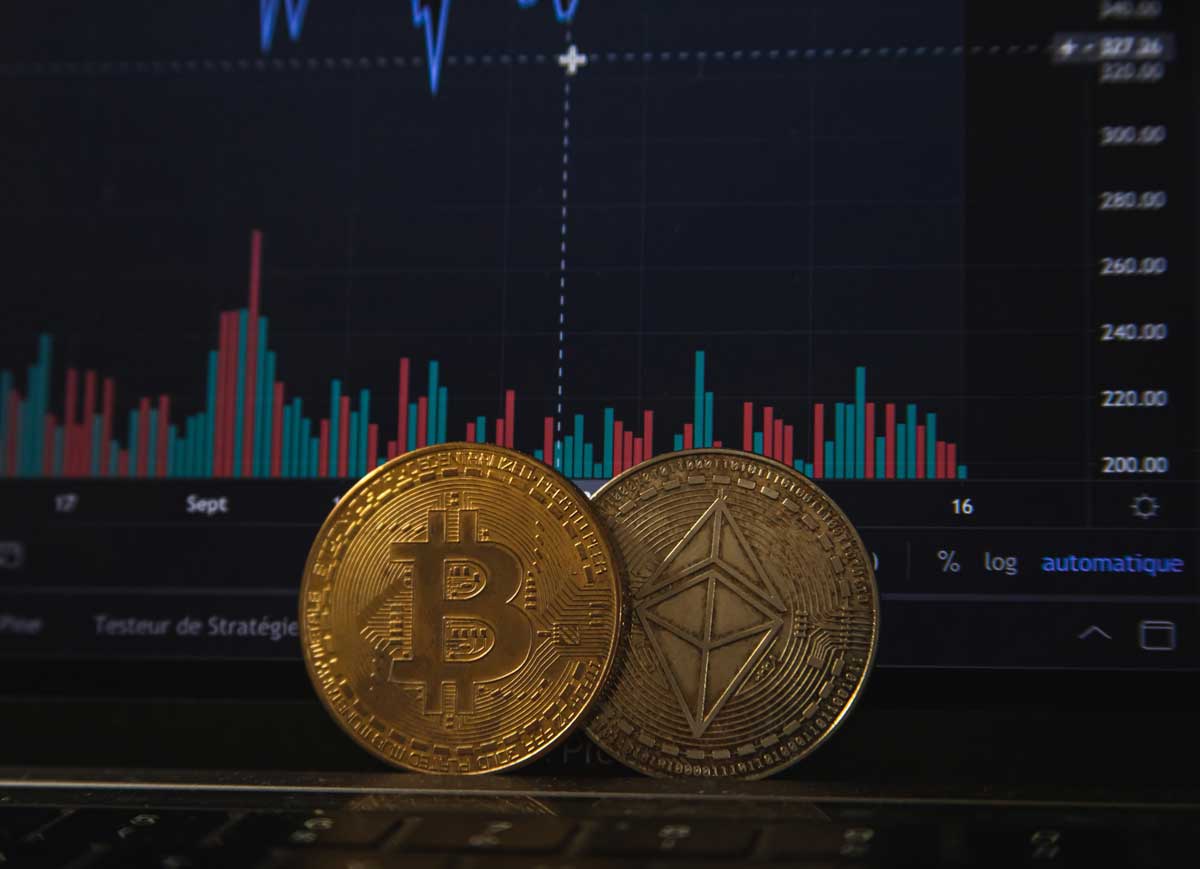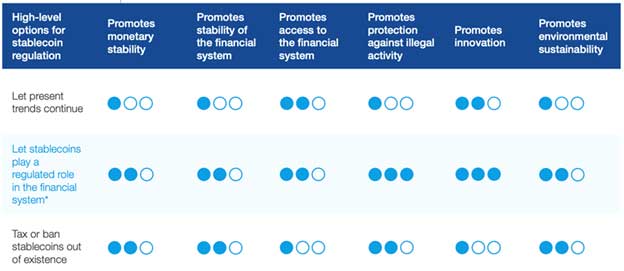July 23, 2022
By Newsroom

0 Comments
A new study by the World Economic Forum suggests that the current, indecisive regulatory approach for both crypto and stablecoins poses the greatest risk to financial and monetary stability while also hindering innovation.
Based on interviews with 15 expert economists worldwide, the new white paper, The Macroeconomic Impact of Cryptocurrency and Stablecoins, says that letting both crypto and stablecoins play a regulated role in an economy is the optimal way to promote the advantages of innovation while curtailing potential downsides. The whitepaper also provides important perspectives on the options available to policymakers as they deliberate the path forward for their respective jurisdictions.
“Cryptocurrencies and stablecoins have grown in significance as enablers of economic activity. The time for regulatory ambiguity has passed,” says Matthew Blake, Head of Shaping the Future of Financial and Monetary Systems, World Economic Forum. “Effective regulations are needed to help mitigate the risks associated with digital currencies while realizing the benefits.”
Analysis of macroeconomic net benefit of each regulatory option for cryptocurrencies

Image: World Economic Forum
Analysis of macroeconomic net benefit of each regulatory option for stablecoins

Image: World Economic Forum
The analysis of the macroeconomic impact was carried out using a qualitative review of interview notes from individual interviews.
Next steps for cryptocurrency and stablecoins
Much of the benefits of cryptocurrency and stablecoins will depend on how regulations are designed and enforced. A key component of this regulation will be common definitions surrounding different types of digital currency. The Macroeconomic Impact of Cryptocurrency and Stablecoins lays out important definitions of both crypto assets and stablecoins that will be key for policy-makers to build on as they develop and implement digital currency regulations.
Other steps for regulators to take now are coordinating with other governments, including crypto and stablecoins in monetary financial statistics, and including economic projections in their regulations as they become more available.
In the coming months, the World Economic Forum will release further analysis and recommendations for regulators, business leaders and others in the digital currency ecosystem through its Digital Currency Governance Consortium community.
No comments:
Post a Comment